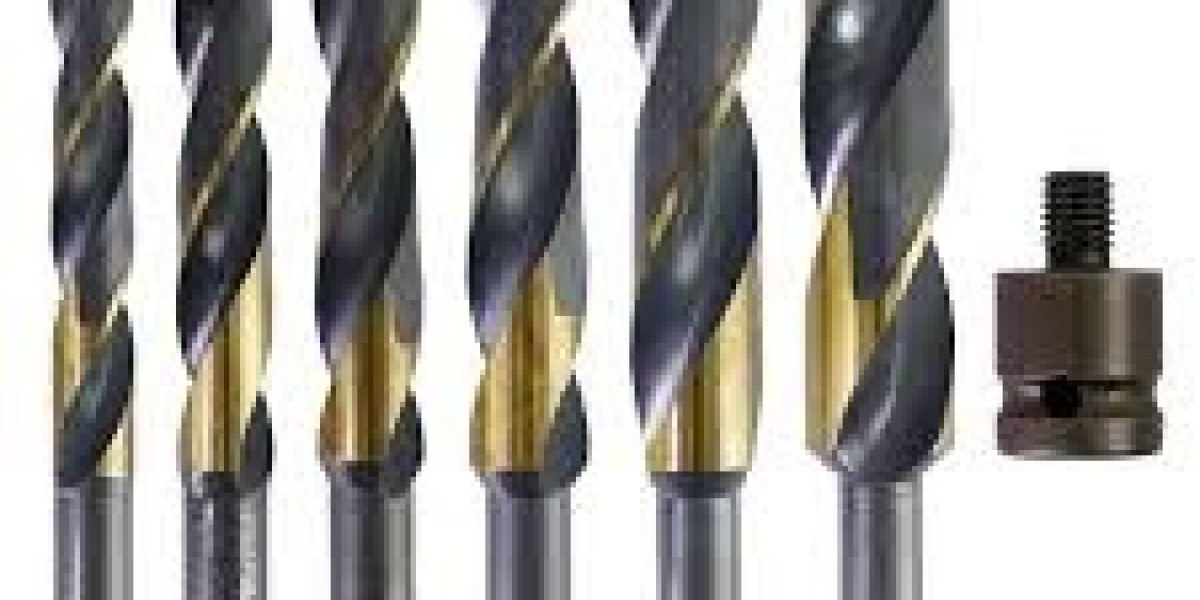Durability and versatility define the enduring appeal of the HSS Twist Drill Bit crafted by Fangda, where controlled hardness and optimized alloy composition converge to achieve dependable strength across a wide range of materials. This fusion of metallurgy and geometry forms the basis of efficient drilling performance in dynamic production environments. Each cutting edge is refined to preserve stability under changing loads. The carefully measured point angle determines how pressure distributes at the moment of contact, while the secondary relief balances chip formation. When both are properly aligned, the motion becomes smoother, reducing energy loss and keeping hole walls uniform through the feed cycle.
The strength of a tool rests not only on its material but also on the thermal balance achieved during use. High-speed steel requires precise heat management to prevent softening at the tip. Specialized coatings extend oxidation resistance and lower friction without altering the structural composition. This controlled interface between tool and workpiece allows extended operation under elevated temperature without deformation.
In versatile applications, the tool's adaptability is essential. Its composition supports cutting through carbon steel, stainless alloys, plastics, and nonferrous metals with consistent stability. The cross-sectional web thickness provides rigidity against torsional stress, ensuring the bit does not twist under fluctuating torque. Even under long cycles, the internal balance maintains rotation accuracy, supporting fine-tolerance drilling where dimensional fidelity is critical. The design of the flute also affects how versatility translates into productivity. The spiral structure allows fluid chip evacuation, minimizing surface scratches inside the hole. A uniform flute polish decreases resistance and assists coolant circulation, preventing material adhesion and maintaining steady motion even during deep cuts.
Heat treatment precision shapes the tool's microstructure into fine martensite, increasing toughness and reducing brittleness. Such metallurgical uniformity translates into predictable wear patterns that extend usable life. Each treatment phase—from preheating to quenching and tempering—is conducted under strict timing to stabilize molecular distribution, securing both hardness and elasticity. Balance in manufacturing accuracy ensures that each bit maintains concentric geometry from shank to tip. This uniformity directly affects vibration levels and cutting stability, reducing stress on both the operator and machinery. Reduced vibration extends spindle life and helps maintain consistent alignment through continuous production runs.
The combination of durable material, adaptive geometry, and thermal endurance transforms this drill into a versatile instrument capable of maintaining efficiency across varied setups. From small workshops to automated machining centers, this synthesis of controlled toughness and precision shaping exemplifies how modern tools achieve reliability through thoughtful engineering. Explore specifications, material grades, and structural details at https://www.fangda-tools.com/product/hss-straight-shank-twist-drill/ to discover the precision-driven durability offered by Fangda through the HSS Twist Drill Bit series.








